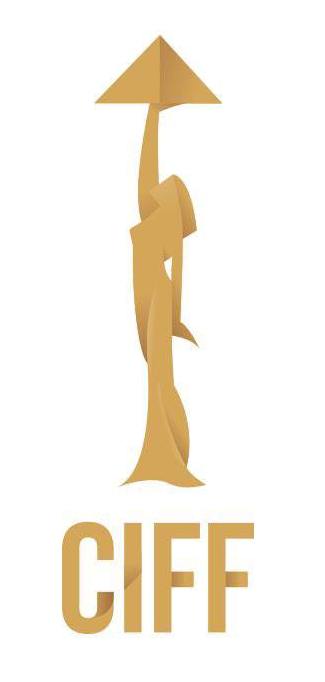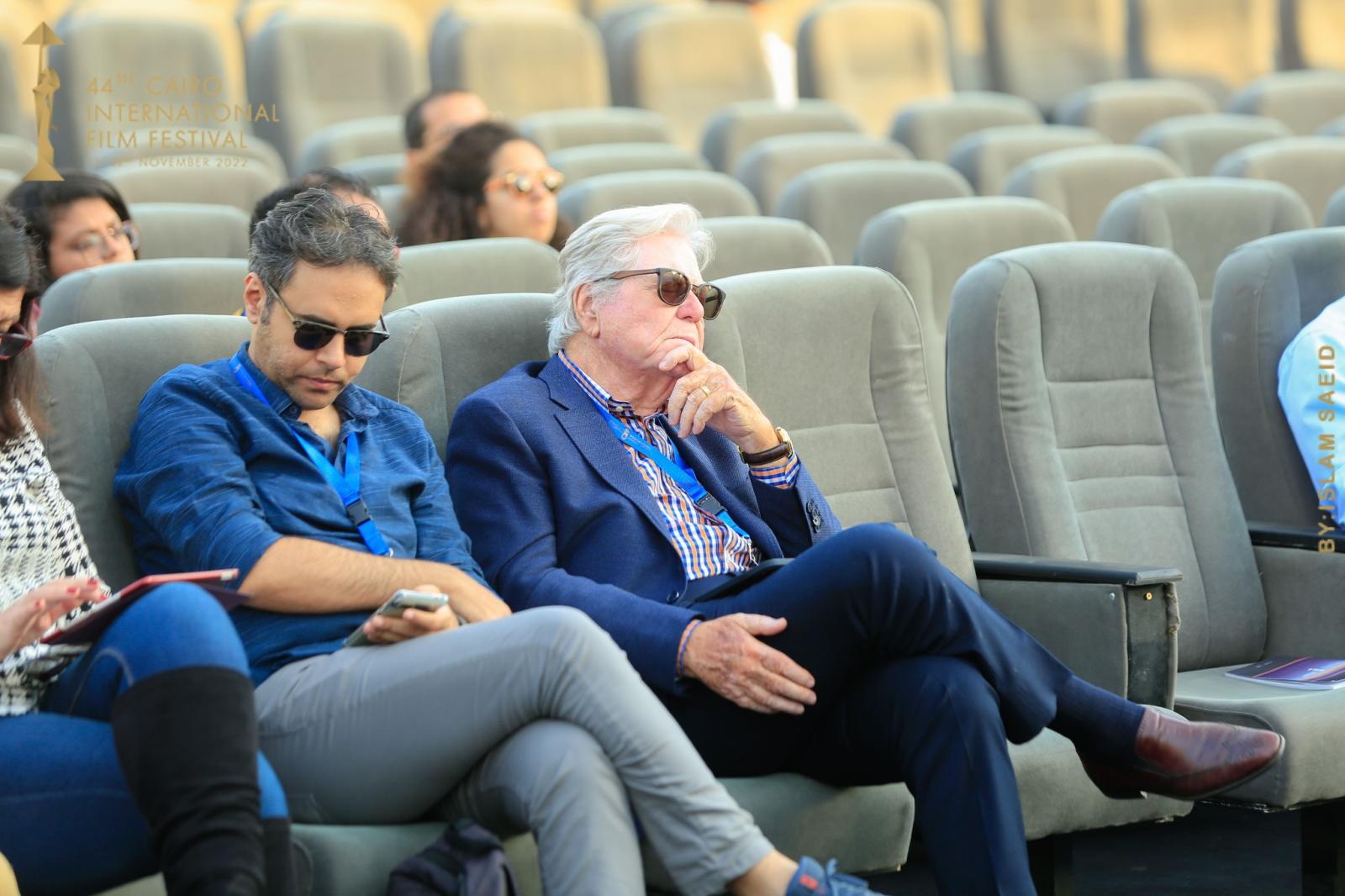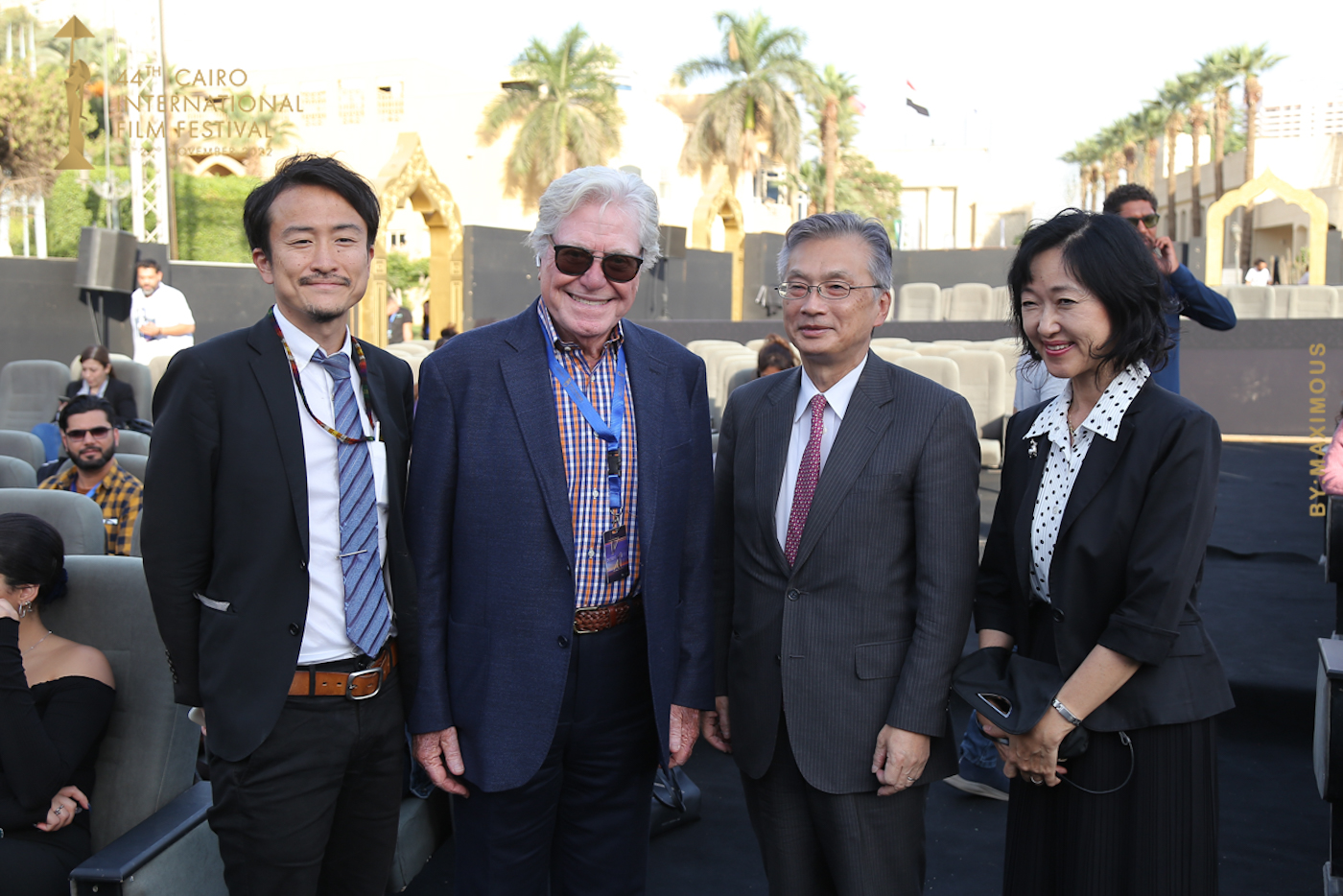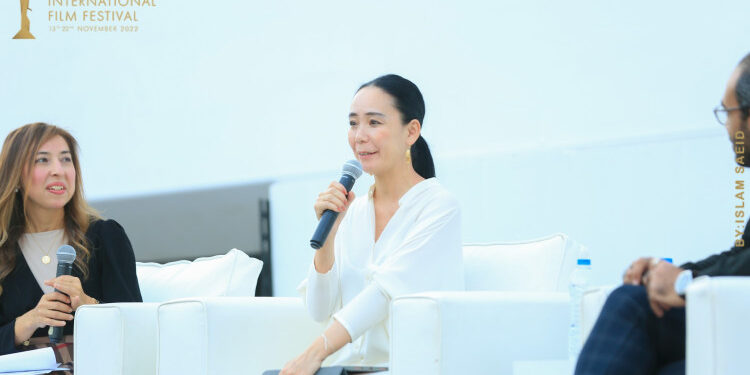Naomi Kawase was present at the Cairo International Film Festival (CIFF), in her capacity as president of the Jury of the International Competition of the 44th edition which took place from November 13 to 22, 2022.

Several other of his films were in official competition in Cannes: Shara In 2003, Hanezu, the spirit of the mountains In 2011, Still The Water in 2014 and To the light in 2017.
In addition, in 2013, she was a member of the jury of the 66th Cannes Festival, chaired by Steven Spielberg.
Taking advantage of her stay in Cairo, she met some professionals and moviegoers during a Master Class organized by the Festival.
Why did you decided to make films?
I can’t say anything other than it is a divine inspiration. I was playing basketball. In reality, my whole life was devoted to basketball and I was known. Why did you change? I don’t know, it is the god of the films that inspired me!
Nara is an island, which is not surrounded by sea but mountains. This is where I was born, and when I wanted to make cinema, I wanted to make this place known to the world
If a person does not know the world, we think that it is not good, especially these days with the internet, but for me, I thought it was my duty to make this place known to the world, that people know it and know our culture
You studied the photo and have completed several courses. Is that what allowed you to know what are the subjects that interest people?
In my films, I put the point especially on almost unknown subjects, I sometimes pay attention to small details and I make films that are important to me.
You have remained short for about 10 years. Why did you change around long?
In reality, I wanted to start with long fiction, but it was difficult, I did not yet know how to tell a long story, I did not have this strength or competence to write a story and above all be a little objective without bias.
Example, among my first films, there was my mother as an actress, and while I was filming her, I had the impression that I had a divine inspiration, and I saw my mother in two ways: on the one hand she was my mother and on the other, she was a character.
How did you get the idea for your first feature film Fiction?
When I started it was 8mm, but I thought that if a person has a very interesting life, when he died, they are forgotten.
Where I lived, it was planned that a tunnel would be built for a railway. But the project had been abandoned. I had been there for years later and I had the feeling that God asked me to revive this tunnel and make people who wanted to do this tunnel and had started to do so. It is as if it was a divine mission.
How do you create a world between documentary and fiction?
The documentary style is always present in my films, because I bind today see you tomorrow and I give the impression that my film tells a true story. There is a documentary cachet in my fictions.
How does the idea for a film come from? How do you work there?
Most of my films come from my daily life, from my experience and what I see.
Do you write a scenario where you start to turn by letting come?
No, I always have an idea that I start. When I get to know a person, I keep in mind an image, and it is this image that allows me to make a film later.


Nature is very present in your films, it takes the place of a character from the film. What is your relationship with nature?
Nature is indeed a main character in my films, I am Japanese and we attach very great importance to nature, and I cannot ignore it. In addition, my films are a tribute to nature, which is a real gift for humanity.
How do you manage to make your characters so real?
My relationship with my actors is that I let them ignite characters, I send them a week or ten days to the filming location so that they live there, permeate themselves. They can go alone or with their families, but they have to do it. I want them to learn to live there normally and of course. On the other hand, have the right to be only the technicians who are obliged to do so.
The first film of you I saw is Sharaand I understood later that you play the main role there. How to reconcile your role as director with that of actress?
For this film, the actress who had to play this role had fell ill and I did not have the budget necessary to engage another. So I had taken the role myself, especially since I had made a very good preparation for the film, so it was easy to take its place.
Tell us about the influence of local culture on your films.
I said that in my films I was very concerned with Nara, my region. Lately I took a lot of interest in Okinawa, because the inhabitants consider that they are still colonized. In addition, this region has a very particular and different culture from the rest of Japan. I do not know why but for some time, I have started to be very interested in this region.
You have founded an international festival in Nara. Why do you think festivals are important?
Indeed, I am responsible for this biennual festival. The 12th edition took place in September. The region is beautiful and I invite all to come and participate in this festival. It is true that we do not give a price in cash, but we allow the distribution of films in our region.
We need adults to teach children that the world is still a peaceful place where we can live, but the problem is that adults themselves do not feel safe. I discussed with a priest lately and he told me that he prayed daily for peace in the world, which I do myself.


Do you think that it is the golden age of Japanese cinema or the successes of some films, like that of Drive My Car (2021) by Ryūsuke Hamaguchi, are isolated cases?
I don’t think it’s the golden age, but I just think our films are more broadcast than before. Perhaps because Hollywood films are increasingly commercial while Asian films are still carrying a certain culture and therefore manage to attract more and more spectators. We note that on platforms, Korean films are more and more successful.
I think each director must have his own cachet, his own personality that makes him unique. Me for example in Japan I had problems when I started because rare were the equalizing women and we tried to discourage me, but I persevered and above all I wanted to be myself.
The advice I give to young directors is not to try to look like others but to believe in themselves. The director’s strength is that he believes in something, that he holds good and does not be discouraged. Continuity is important, especially in the choice of producers. You have to know how to choose a producer well and it is an important role of major festivals that allow networking, to know people, to chat with them and therefore to be able to choose the people with whom to work.
I would love that there is a cinematic collaboration between Egypt and Japan.
Yesterday I visited the pyramids and mosques, I loved this country and I am impressed by this culture and this long story of several thousand years, I would like to know it more and yes, maybe why not find a means of collaboration!
The fact that I am president of the jury in this festival is a kind of collaboration and soon a Japanese singer will perform in Egypt, and that’s fine.
Neïla Driss








